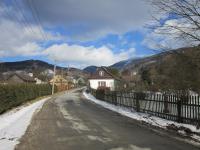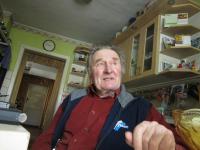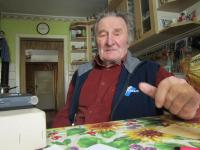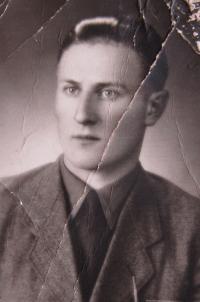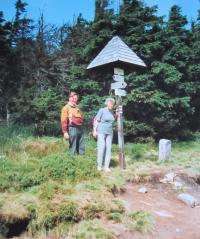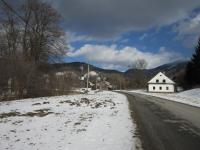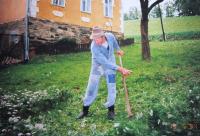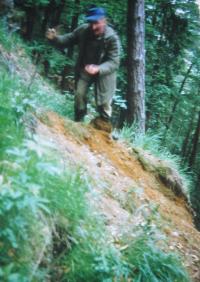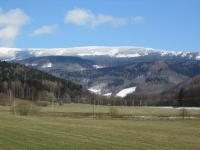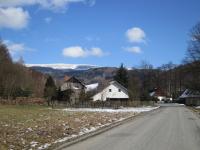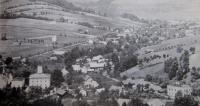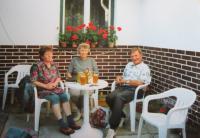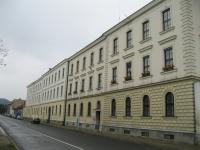They couldn’t stay and they couldn’t leave
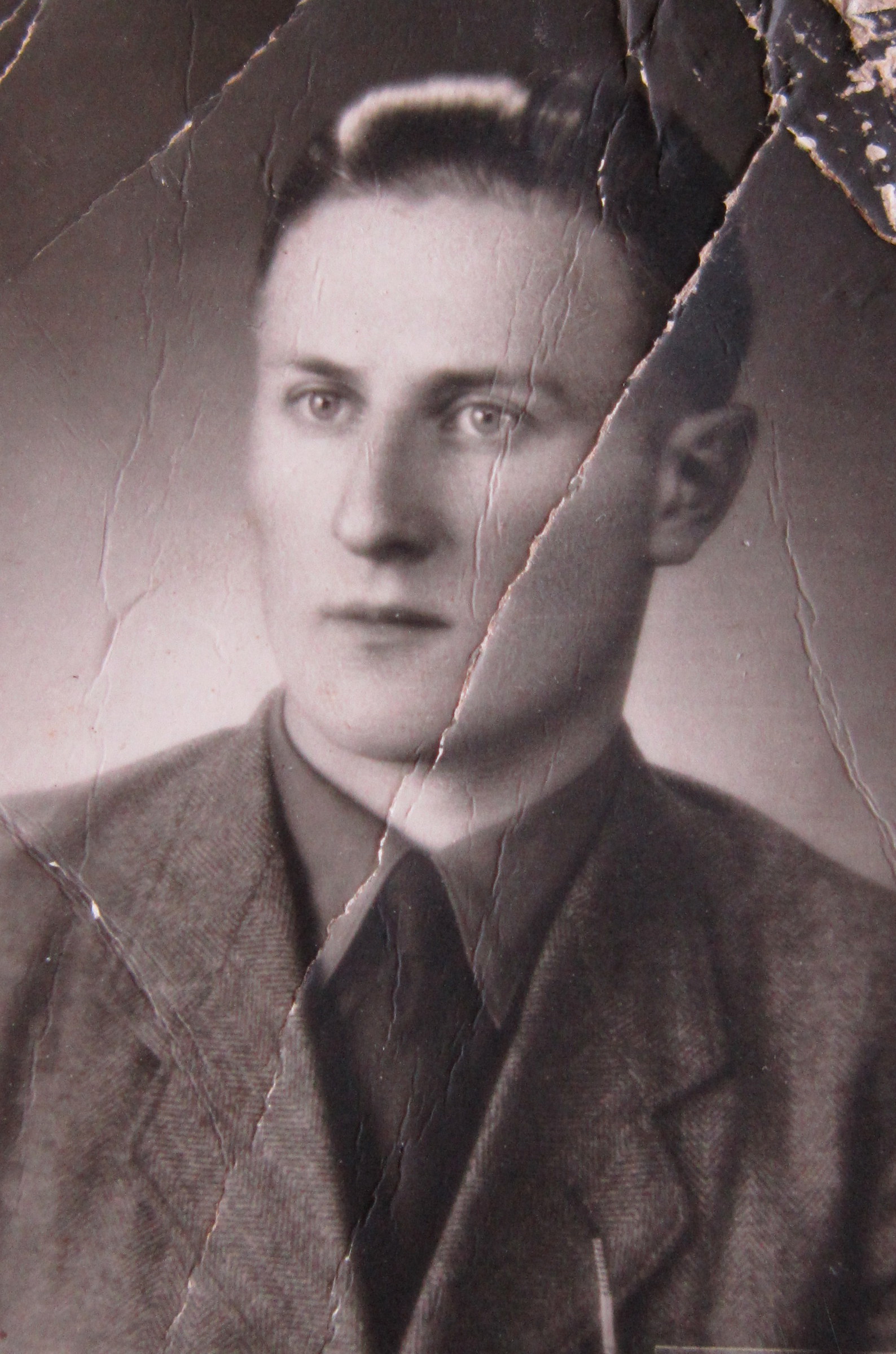
Download image
Eduard Köhler was born on 9 October 1930 in Rudoltice (German: Rudelsdorf). His native village is nested below the mountain ridge Skřítek (Gnome), which separates the southernmost section of the High Ash Mountains from the Hrabešice Hills. Just like the vast majority of inhabitants of Rudoltice, his parents were of German nationality. During the war several of his relatives died in the Wehrmacht. His father was also drafted, but he released from the army because of a partial disability. Shortly before the end of the war, fourteen-year-old Eduard also took part in a one-day military exercise at Červenohorské (Red Mountain) Ridge. From August 1945 Eduard Köhler and his father were interned in the building of the former regional penal labour house in Šumperk. This prison camp was supposed to hold people arrested according to the regulations Ministry of Interior and the Regional National Committee in Brno and people investigated by the committee of the extraordinary people’s tribunal. Children under the age of fifteen were supposed to be concentrated in a special camp in Hanušovice. And yet Eduard Köhler was a mere fourteen years old when he was interned, and neither he nor his father had received summons to a trial. Even so, he spent eight months in the penal labour house, and his father was there for eleven months. The Köhlers were not included in the expulsion of Germans. The reason was probably that his father was still imprisoned at the time when the transports were to depart. However, in 1948 the Köhlers moved to the solitary settlement of Zdiměř near Olomouc, where they remained for another seven years. All able-bodied members of the family had to take up employment as forest workers. Their repeated appeals to be allowed to return home were denied. They were not allowed to go back to their native region until 1955. The family moved to Vernířovice, where Eduard Köhler again took up the job of forest worker, which he did until his retirement. He and his wife lived in this small village nestled among the highest peaks of the High Ash Mountains. Eduard Köhler died on November 28th, 2022.
